By Dominique Jean, Group Facilitator at Employment Services, Stella’s Circle
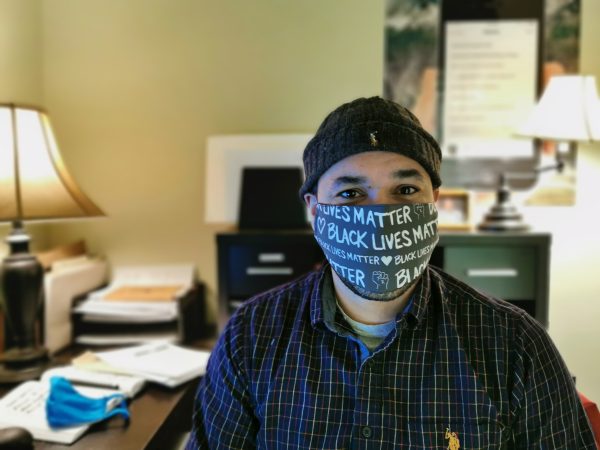
In September 2020, Stella’s Circle formed its Justice, Equity, Diversity, and Inclusion (JEDI) Committee as a commitment and action to keep social justice issues and their solutions top of mind in our organization. The committee comprises 9 volunteer staff across all program areas. Committee member Dominique Jean shares this reflection on why he joined the committee as we recognize World Day of Social Justice on February 20.
I remember walking into class late, as I always was. I remember the teacher walked over to my desk, gave me a look, grabbed my Yankees cap and put it on his desk. He turned around and and stated to the whole class that there are more black men in prison in the United States than in college. I remember sitting there with my head upon my arms on the desk, just looking at him, trying to figure out how that connected to wearing a hat in a language class. I also remember purposefully not telling my mother about the incident because I was afraid that she would bring attention. I’m a 40-year-old man writing about something that happened when I was 15. These things stay with people forever. I remember feeling so ashamed that I didn’t say anything. I actually thought I wasn’t black enough to be offended by that. Being of mixed race I’ve had an identity crisis my entire life. I remember thinking of what my father would have thought of me, just sitting there and not saying a word like a coward. My father would have said something…..
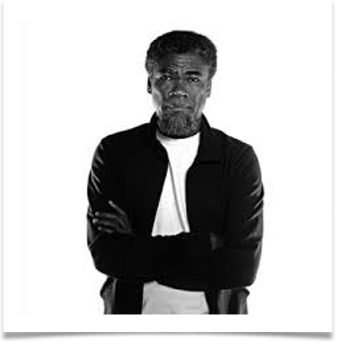
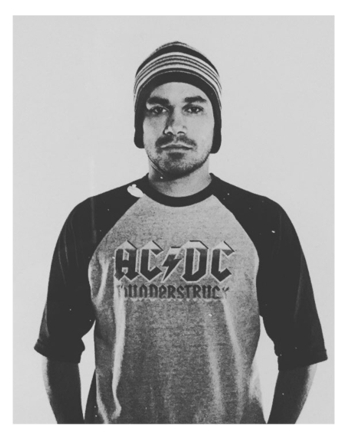
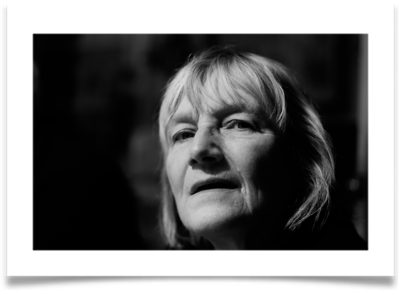
When [Stella’s Circle CEO] Lisa Browne put out the call for people to form a committee in response to the Murder of George Floyd one of the first thoughts I had was about that incident back in ’95. Many other things flickered through my mind, another thought about how I hadn’t watched the 9 minute George Floyd video, I still haven’t….then I breathed a sigh of relief because I realized that Lisa and Stella’s Circle believed in the importance of a movement like Black Lives Matter the same as I did.
In recent years I have spoken much to my father about racism. He felt some guilt around racism as well. During one conversation, he apologized to me and said, “Dominique, I’m sorry I didn’t prepare you to deal with racism.” I asked him, “how do you deal with it”? I didn’t receive a straightforward answer, but he did say that you have to have the courage to address it. You cannot let things go. When George Floyd was murdered, my father had just had a massive stroke and though he was in isolation by himself in hospital he made sure that his restaurant wrote this on the front window:
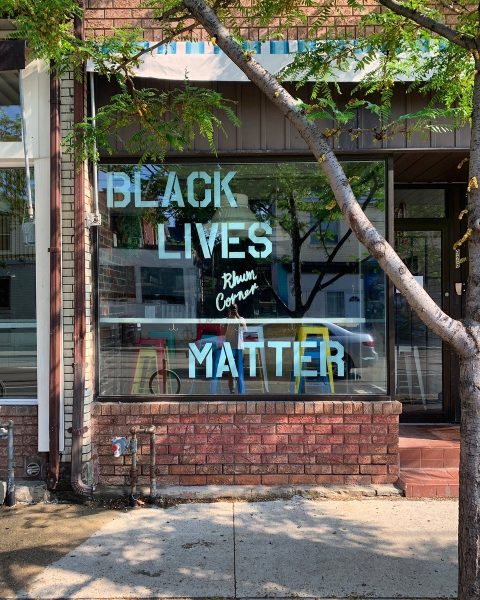
Some more of my father’s story can be seen here in an interview he did with Duncan McCue of CBC on racism in Canada: https://www.youtube.com/watch?v=8ET8KyiY_Nc.
I was once asked by a social work professor to write a journal entry on the most oppressive thought I had ever had. This activity was one of the best learning moments of my life. I remember, partway through the journal entry, I got really upset and was re-thinking my career choices. I wrote to the prof and told her, and she said, “well, let’s chat about this”, and I told her about the thought, and she asked me, “does this thought reflect your values?” I said “no, that’s why I’m struggling with this”, and she asked “where do you think this thought comes from?” She took me down a difficult road, but I found its origins. I’m now aware of that thought, and I’m also mindful of addressing it if it ever comes to mind, especially at work. I feel everyone should go through this process, especially if you work with a vulnerable population. The JEDI committee is beginning to address these issues. It starts with having open and honest conversations about racism. Questions like how do you support a participant who has said something racist? How do you address that in a way where you are still supportive of the person? How do we ally with our participants and co-workers of colour who experience racism?
I have had some difficult, but needed, conversations with co-workers around systemic racism. One comes to mind. I wanted to teach some learnings to a group I was running that involved indigenous spiritual teachings. I didn’t see any problem with it. It was inspiring and motivating info, and I wanted to share it with everyone. A co-worker pointed out that it was problematic to teach it myself because I’m not indigenous. I was taken back a bit at first and slightly embarrassed, even a little angry. This person sat with me for about 30 minutes, and we talked it out. I understood. We as staff can’t be afraid to support our co-workers when we see things like this. It is supporting, and my co-worker pointed this out because she knew I could do better. The JEDI committee wants to support these difficult conversations going forward and wants to help all of us at Stella’s Circle to have this as part of our work culture.
I started this reflection with a story of an experience of racism, and I will end with another one. I was approached by a Stella’s Circle staff person one day in my office, and she came in and said she needed to share something with me. She told me that she works with a participant who got a racist tattoo removed after completing one of my employment groups. I instantly started shedding tears. I never addressed racism with this person and never even got the feeling the person might have racist ideas or tattoos. The courage that this participant demonstrated by doing this is remarkable, and I admire this person so much. I’ve seen this participant since, and we have never spoken about it. I’m not sure they even know that I know about it. This story and the formation of the JEDI committee brings me a lot hope and optimism for the future. I look forward to many more conversations.







